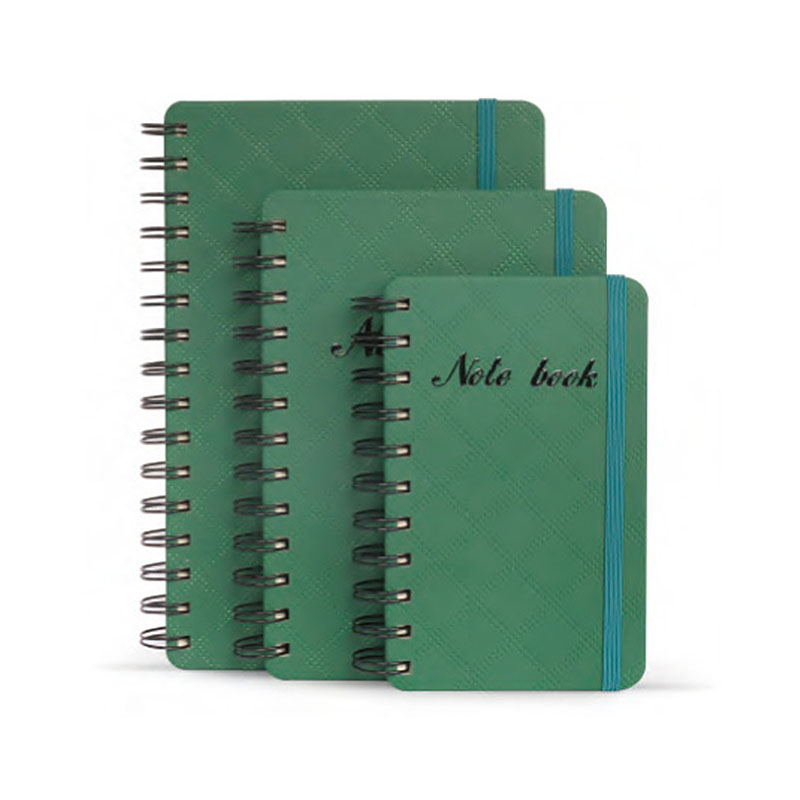Loose leaf notebooks, with their simple yet effective design, have become a staple in the world of note-taking and organization. Unlike traditional bound notebooks, loose leaf notepads offer the flexibility to add or remove pages as needed, making them an ideal choice for a variety of users, from students to professionals.
One of the key advantages of loose leaf notepads is their adaptability. Users can customize the notebook to suit their specific needs, whether it's for taking notes in class, brainstorming ideas for a project, or jotting down grocery lists. The ability to rearrange pages allows for a more organized system, as important notes can be easily found and referenced without the hassle of flipping through a fixed set of pages.
In the digital age, where many people rely on electronic devices for note-taking, loose leaf notepads still hold a special place. They provide a tactile experience that digital notes cannot replicate, promoting creativity and focus. The act of writing by hand has been shown to improve memory retention, making loose leaf notepads a valuable tool for learning and productivity.
Moreover, loose leaf notepads are environmentally friendly, as they can be filled with recycled paper and used for multiple purposes before being recycled themselves. This eco-friendliness, combined with their practicality, makes them a popular choice among those who are conscious of their environmental impact.
In conclusion, the loose leaf notepad is a versatile tool that offers customization, organization, and a personal touch to the note-taking process. Its enduring popularity is a testament to its effectiveness in a world that increasingly values flexibility and personalization.

